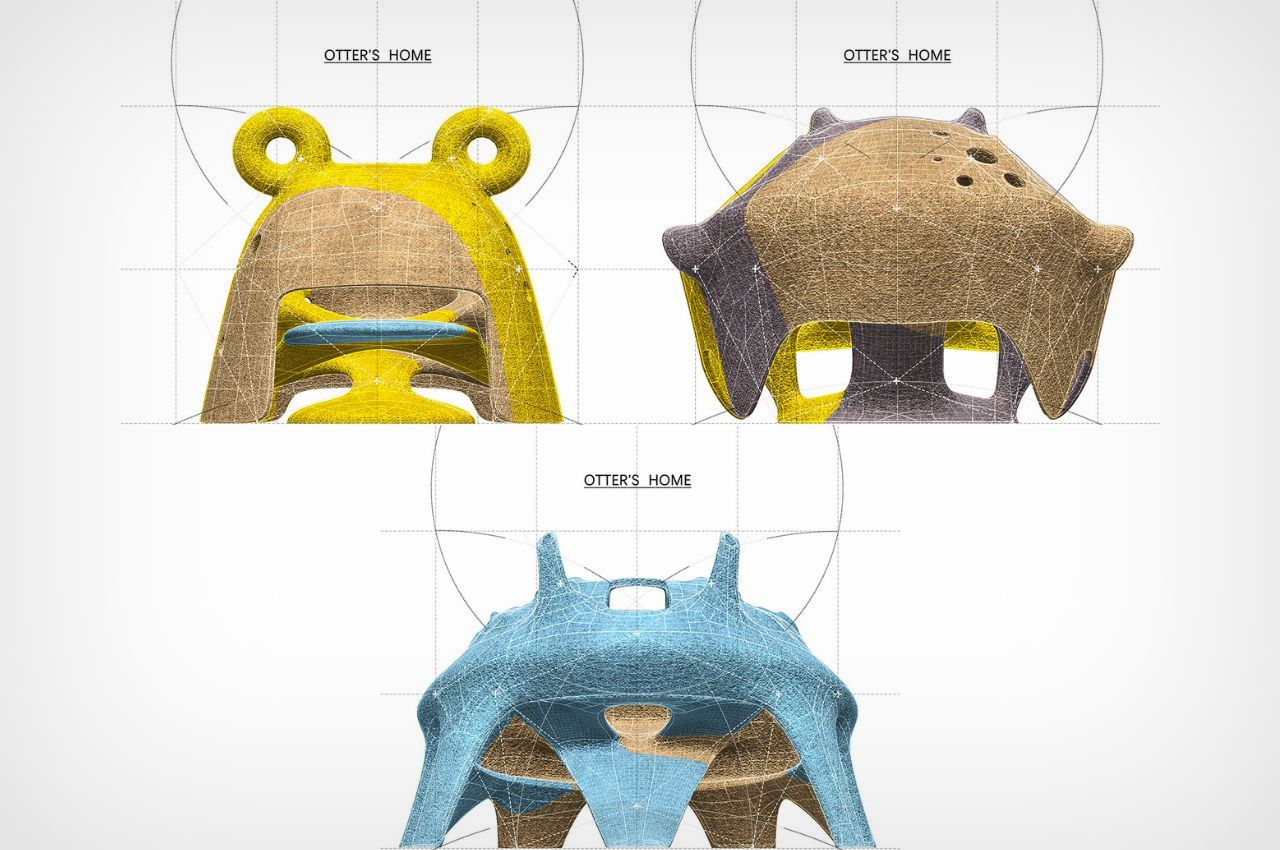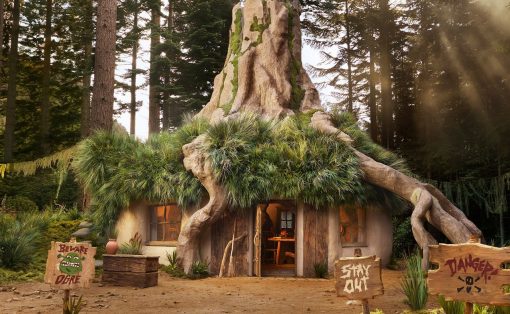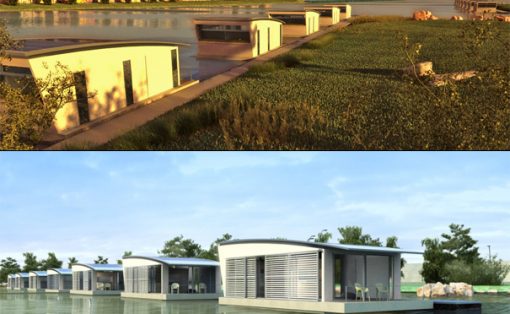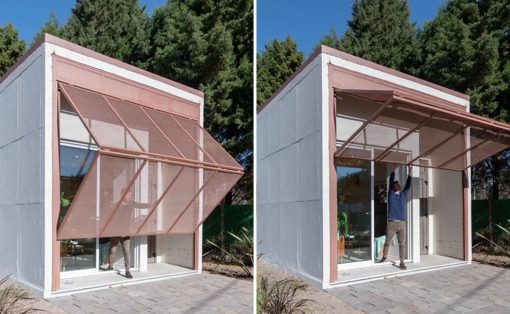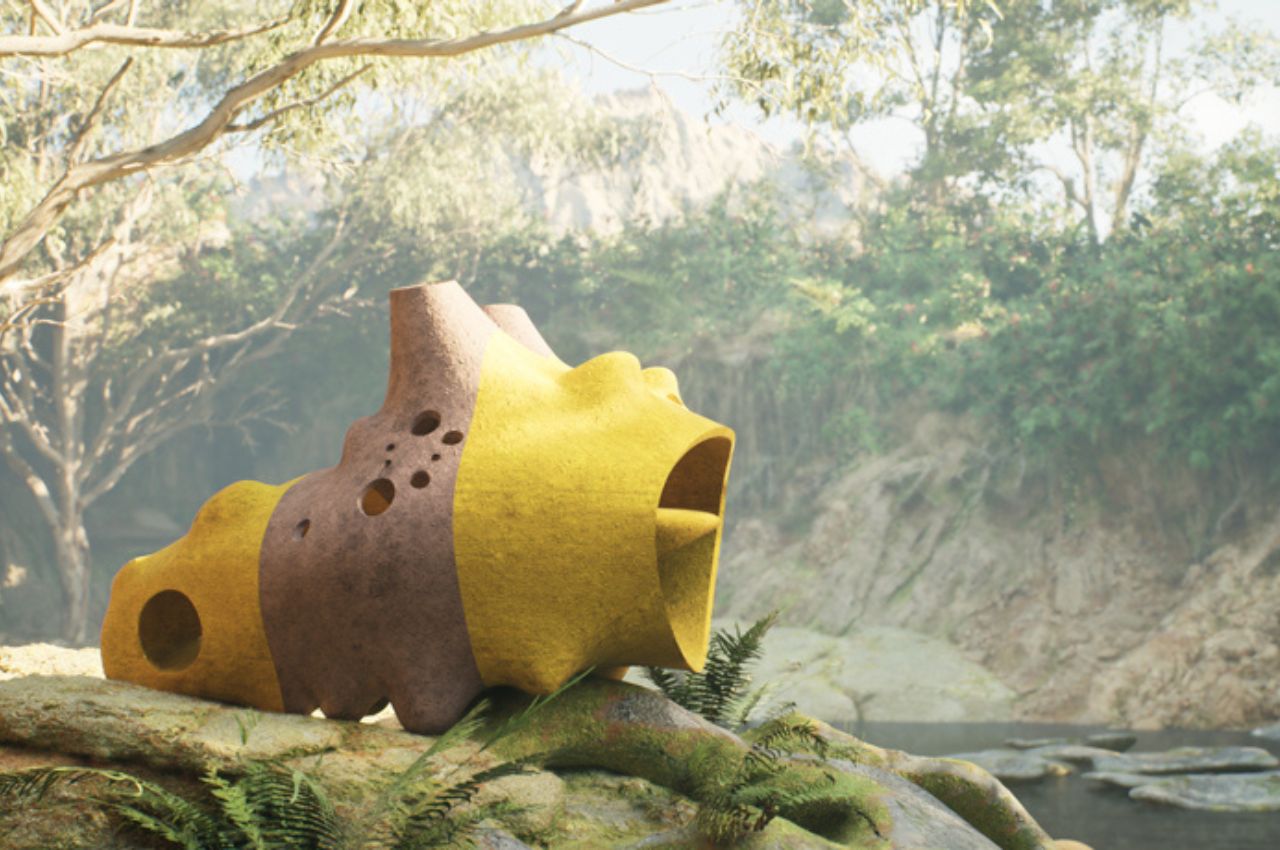
In the realm of architecture, where innovation often intersects with human habitation, there exists a fascinating intersection with the natural world. Chinese architecture firm ZOO Architects has masterfully navigated this juncture with their latest endeavor — The Otter House Project. Contrary to conventional architectural endeavors aimed solely at human occupants, this initiative is a testament to the boundless scope of architectural creativity and empathy towards our fellow inhabitants on this planet.
Designer: ZOO Architects
At its core, architecture transcends the confines of human-centric design. It’s the seamless blend of art and science, manifested in physical structures that serve diverse purposes, including providing sanctuary for creatures beyond the human realm. Inspired by the intelligence and social dynamics of otters, ZOO Architects embarked on a journey to create bespoke shelters tailored to the needs of these captivating aquatic mammals.
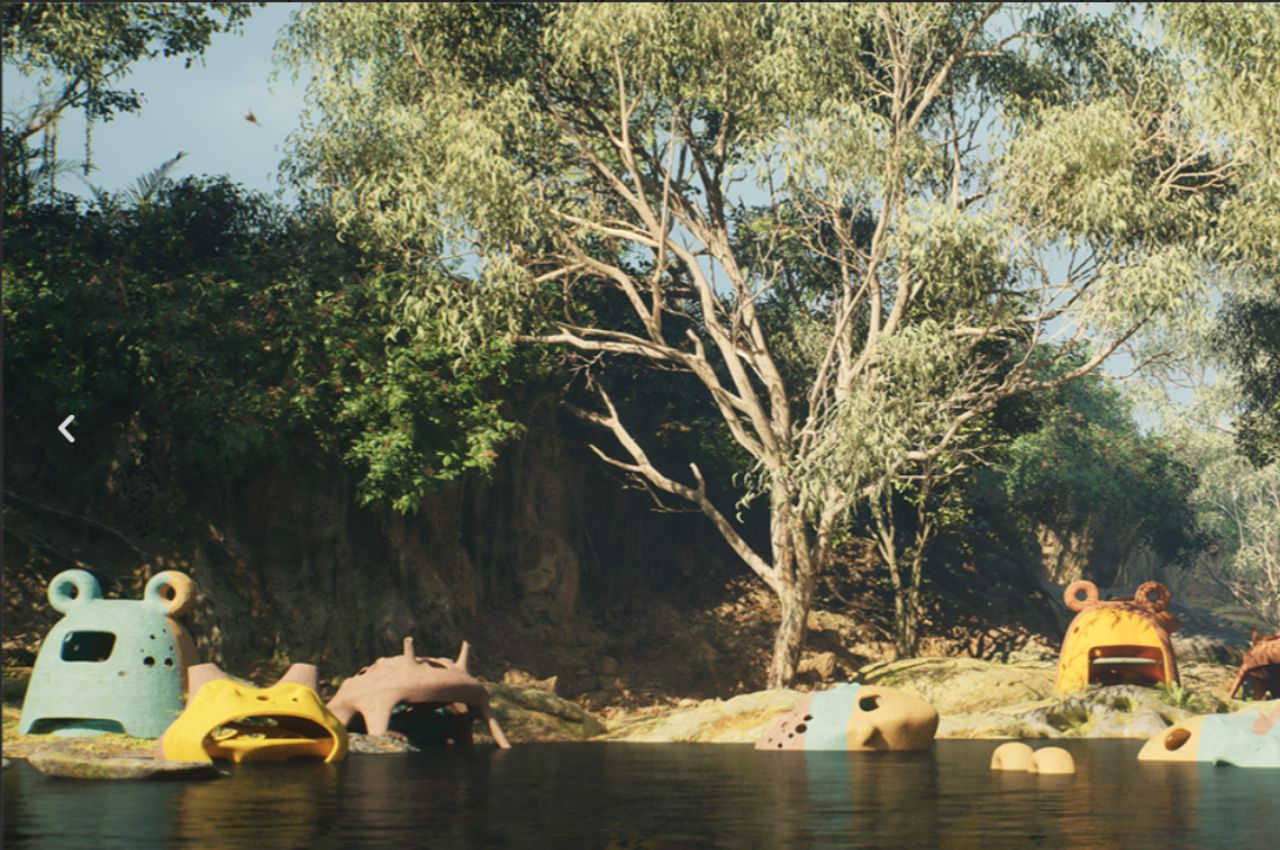
Otters, admired for their intelligence and communal tendencies, provided a rich tapestry of inspiration for the architects. Drawing from a profound understanding of otters’ preferred environments, social behavior, diet, and cognitive abilities, ZOO Architects meticulously crafted housing prototypes that mimic the organic forms found in nature. Utilizing materials such as rock, earth, and hay, the resulting structures embody both functionality and aesthetic harmony with the otters’ natural habitats.
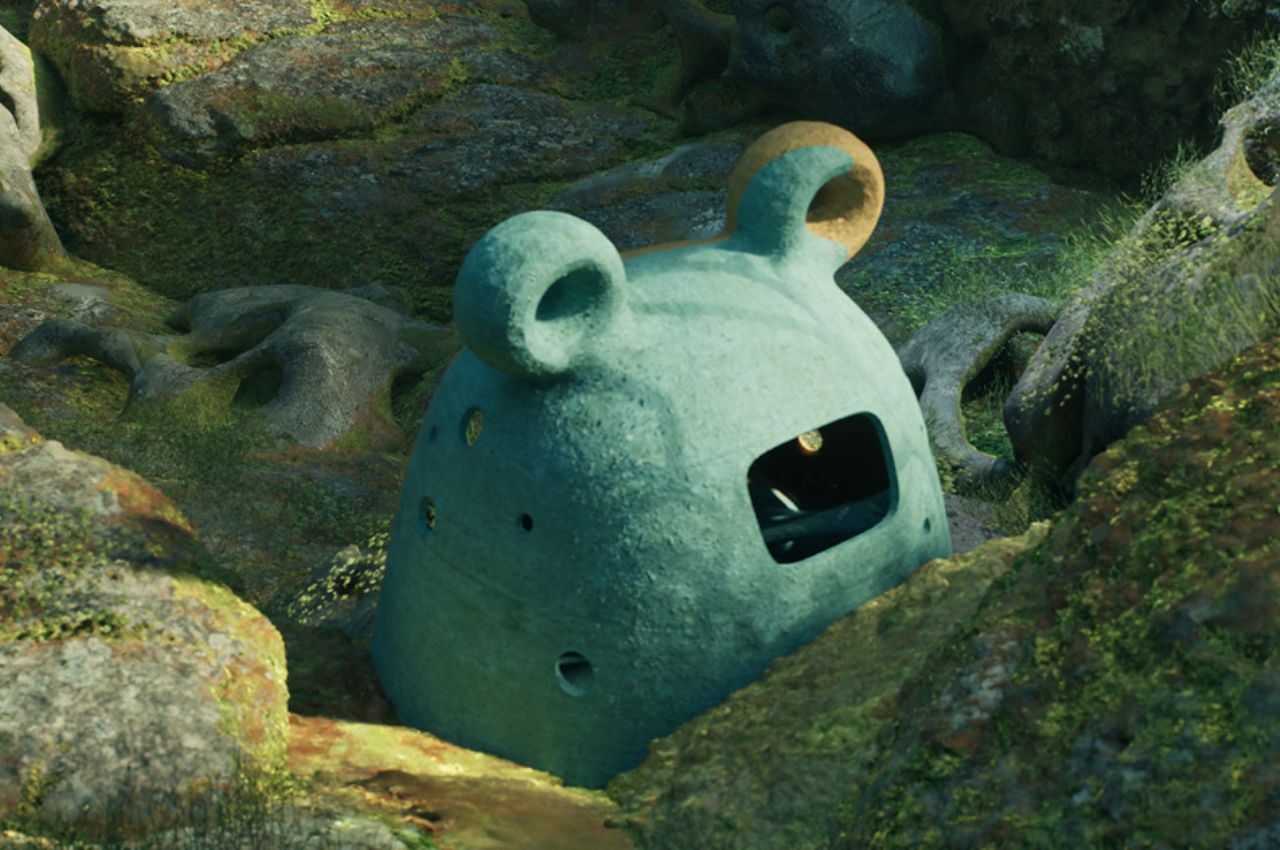
Central to The Otter House Project is a deep appreciation for the intricate social structures that otters form. These creatures, known for their familial bonds and monogamous relationships, inspired the architects to create spaces that foster communal living and mutual trust. The prototypes, designed to accommodate family groups of otters, provide ample space for social interactions while offering privacy for nesting and rest.
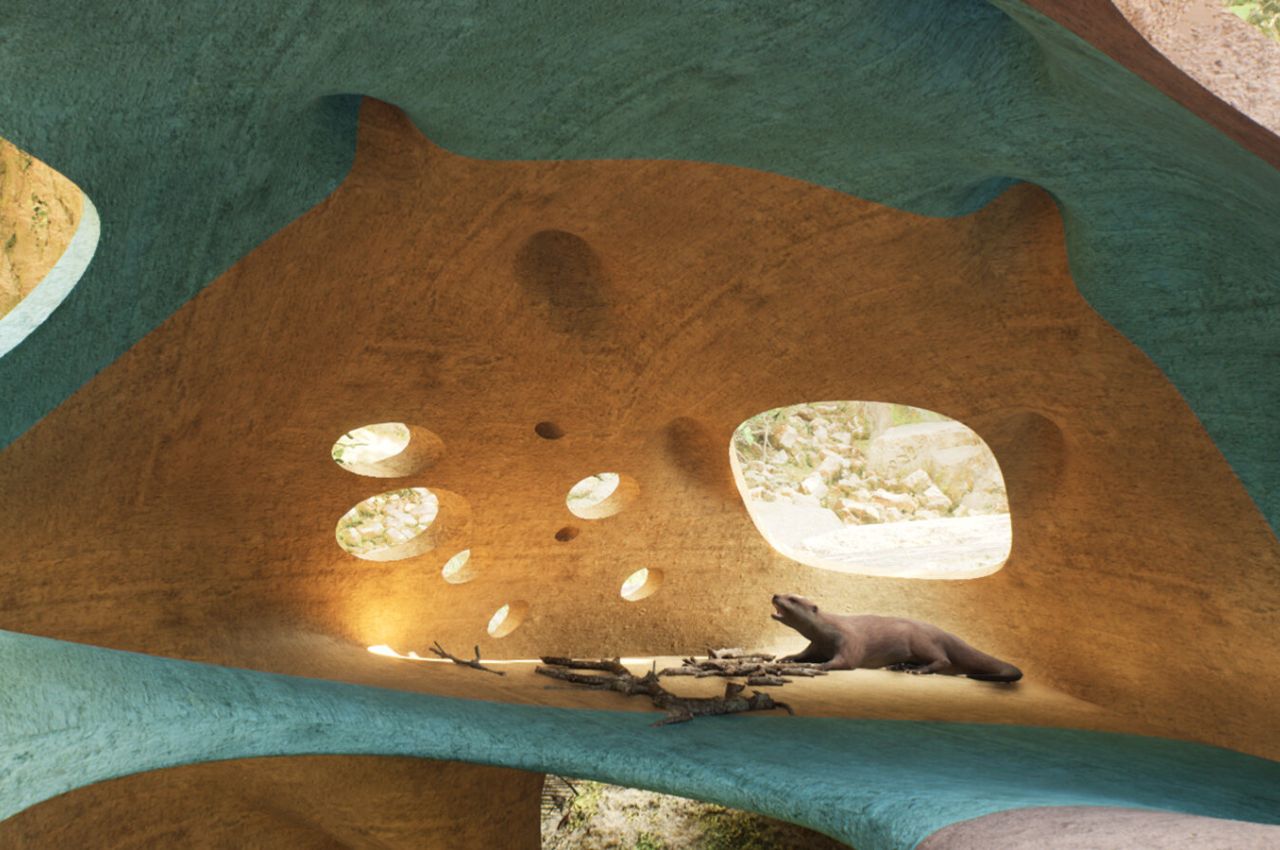
Beyond mere shelter, the Otter House prototypes serve as a testament to the ingenuity and adaptability of these remarkable animals. Otters’ innate ability to utilize tools, maintain hygiene, and engage in playful activities has been carefully considered in the design process. From incorporating stone-cracking tools to providing space for recreational fish-catching, every aspect of the shelters reflects a deep understanding of otters’ behavioral patterns.
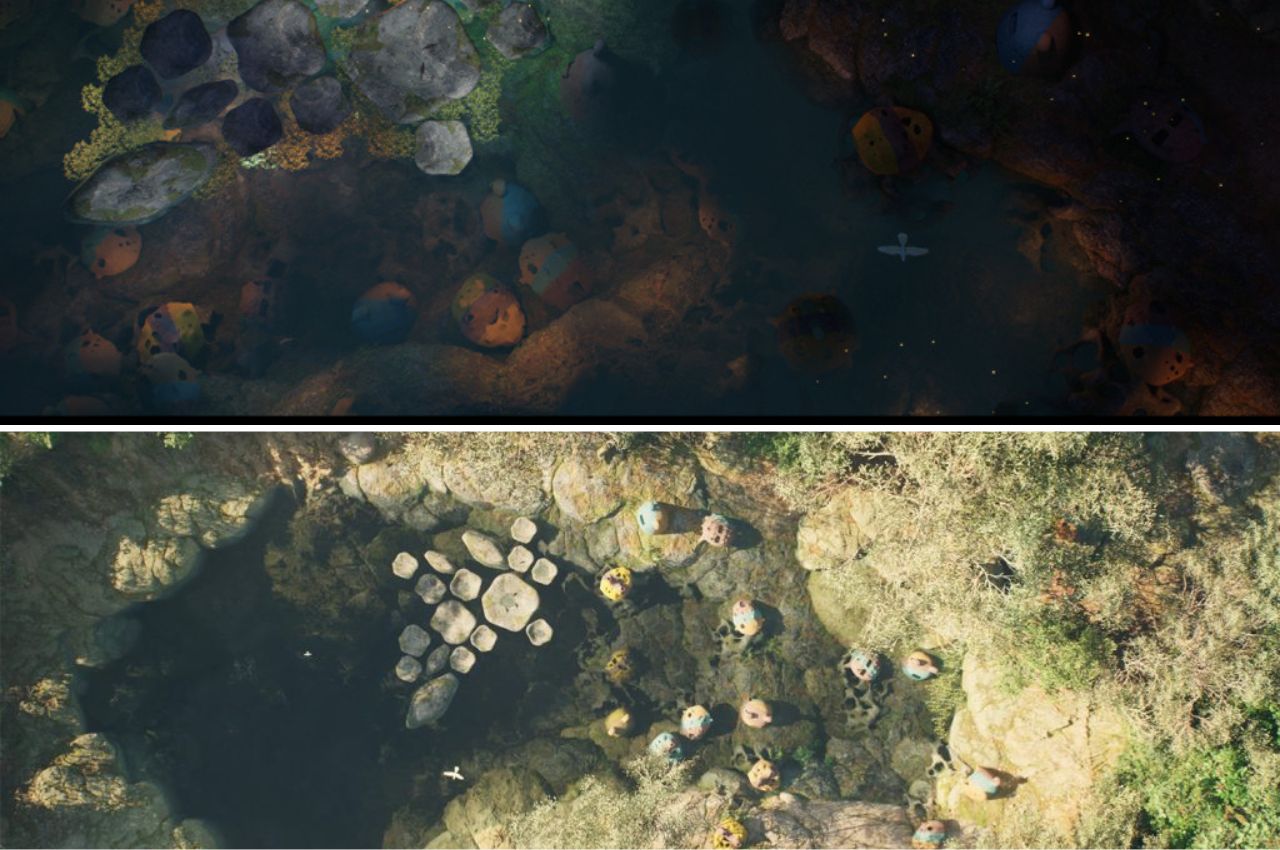
Moreover, The Otter House Project underscores the pivotal role of otters as keystone species in freshwater and coastal ecosystems. By designing habitats that cater to otters’ needs, ZOO Architects not only contributes to environmental conservation but also prompts a profound reflection on the essence of human architecture.
